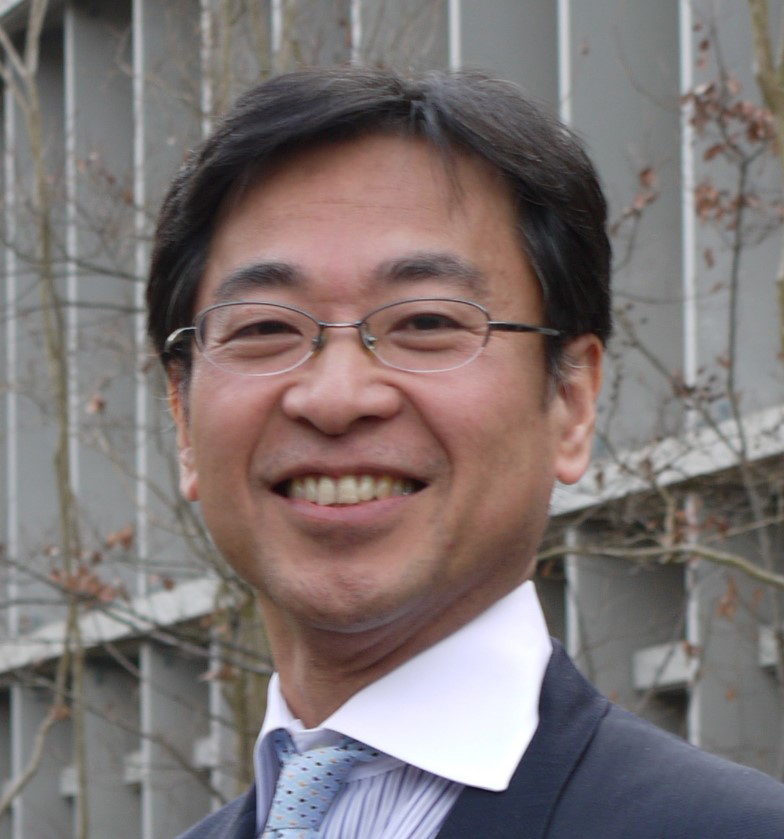
Makoto Taniguchi
Professor Makoto Taniguchi is a hydrogeologist and Deputy Director-General of the Research Institute for Humanity and Nature (RIHN) in Japan. He received his PhD in the field of groundwater hydrology from University of Tsukuba, Japan in 1987. He was a visiting scholar at the Division of Groundwater, CSIRO, Australia (1987-1988, 1996-1997), Department of Hydrology and Water Resources, University of Arizona, USA (1991-1992), and Department of Oceanography, Florida State University (2001-2002, 2002-2003). He has worked on groundwater research and teaching of hydrogeology in universities including The University of Tsukuba and Nara University of Education. He moved to RIHN in 2003, and became a full professor of hydrogeology in 2009. He is currently the vice president of International Association of Hydrogeology (2016-present) and a president of the Japanese Association of Groundwater Hydrology (2015-present). He served as a coordinator of the UNESCO GRAPHIC Project (2004-2011) and GWSP-Asia network (2005-2009), Associate Editor of Ground Water (2003-2008) and Hydrological Processes (2010-2013), and Vice President of the International Committee of Groundwater of IAHS under IUGG (2007-2011). He has worked on groundwater projects around the world, in particular Asia, authoring or co-authoring over 120 articles and 8 books including “Subsurface Hydrological Responses to land cover/use changes (Kluwer, 1997)”, “Land and Marine Hydrogeology (Elsevier, 2003)”, “Groundwater system responses to changing climate (Taylor and Francis, 2009), “Groundwater and subsurface environment (Springer, 2011)”, and “Groundwater as a key for adaptation to the changing climate and society (Springer, 2014)”. He has published widely in some of the top journals in hydrogeology and geophysics, such as Hydrogeology Journal, Nature Climate Change, Nature Geoscience, Water Resources Research, Groundwater and Journal of Hydrology. He has strong connections to interdisciplinary and transdisciplinary international research, which include not only natural/social sciences like oceanography, climatology, engineering, economics, human geography, anthropology, etc., but also stakeholder engagement research including governors, industries and citizens. Recently, he received a transdisciplinary research fund as PI of the Belmont Forum “Sustainable Urban Global Initiative Food-Water-Energy Nexus (SUGI FWE NEXUS)”: Intelligent Urban Metabolic Systems for Green Cities of Tomorrow: a FWE Nexus-based Approach, and as PI of international research projects of the Research Institute for Humanity and Nature (RIHN) which are strongly related to water-energy-food Nexus in interdisciplinary and transdisciplinary ways. He also has experiences as Principal Investigator in co-designing research agenda to identify research priorities for the Japanese Strategic Research Agenda (JSRA), by emphasizing sustainability with researchers, representatives of local governments, industry, media, and non-governmental organizations, as well as highlighting a series of topics and themes for researchers to prioritize. As a result, he has a strong record of working at disciplinary and sectoral interfaces at an international scale.